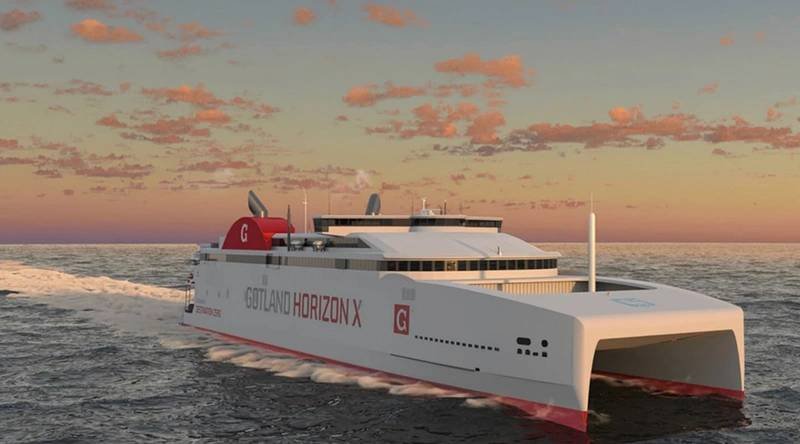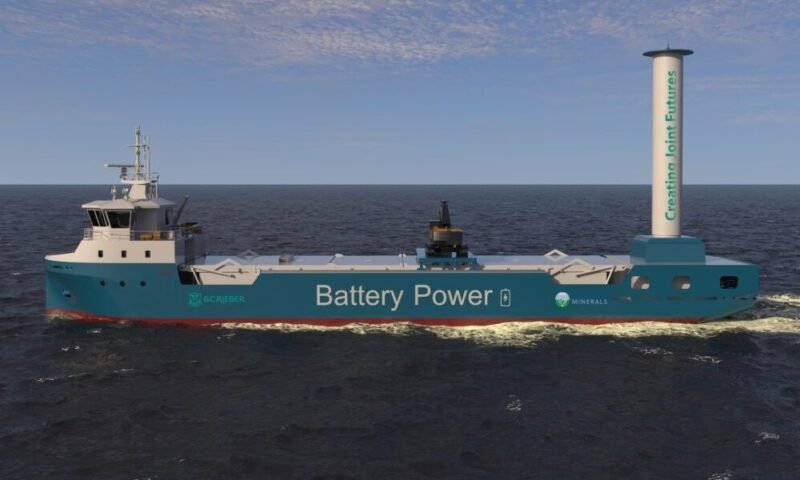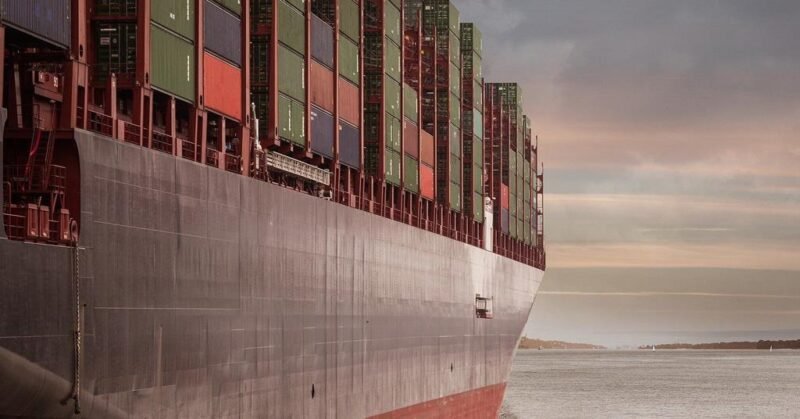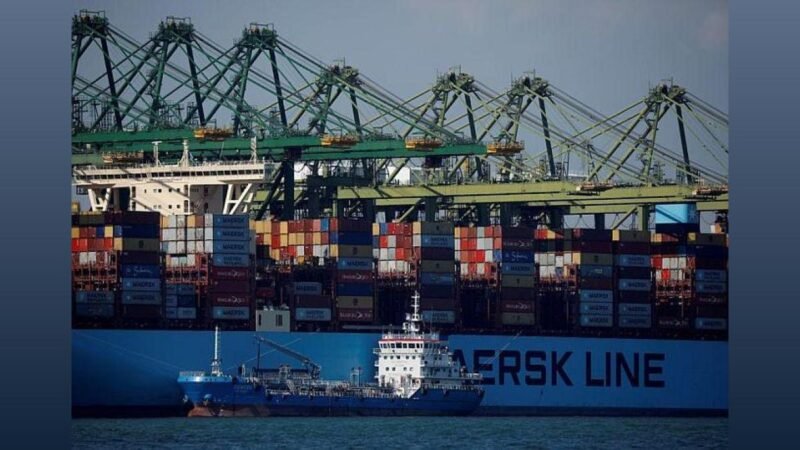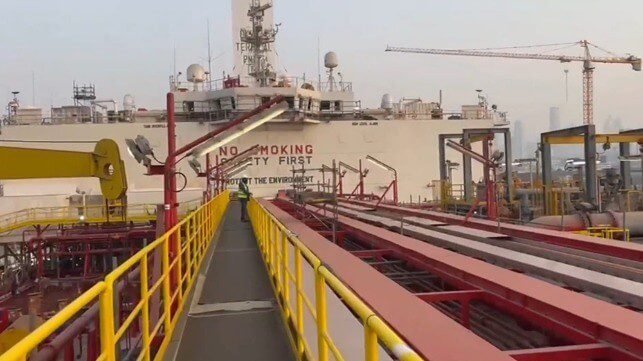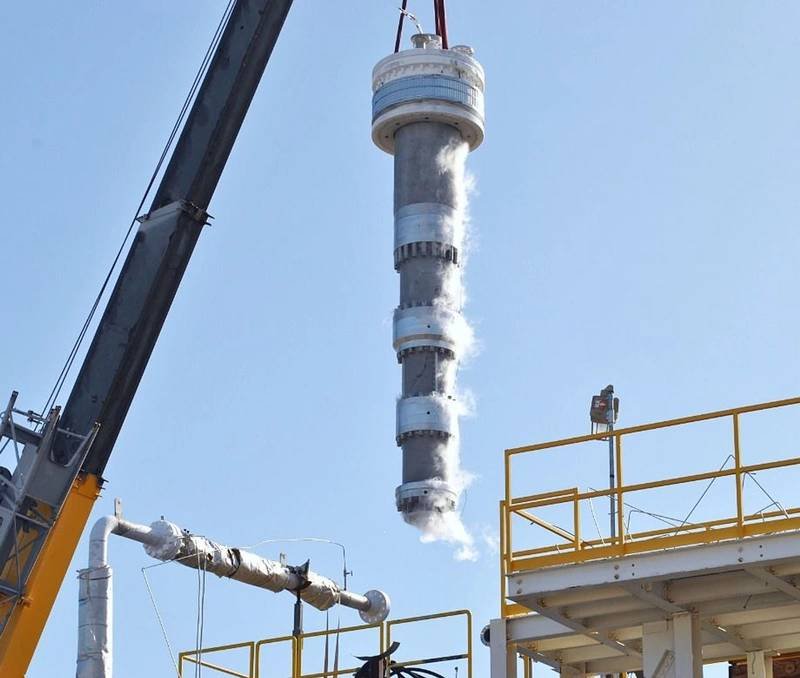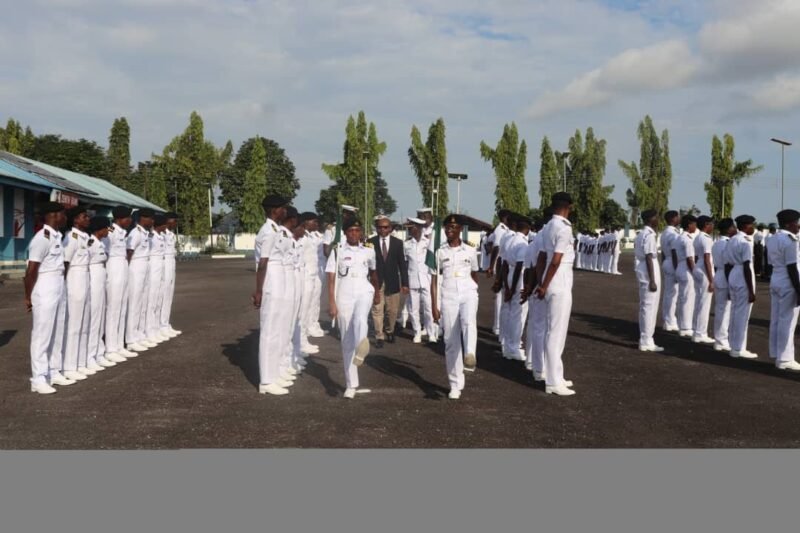Mariners play a crucial role in ensuring safety at sea, and it is vital that they feel empowered to voice concerns without fear of reprisal. Despite extensive training, the ability of mariners to rely on their intuition and experience is paramount in identifying and addressing potential dangers. Near Miss Reporting is one way the maritime industry encourages the proactive identification of safety hazards before they escalate into incidents. However, mariners often hesitate to report issues due to fears of consequences or skepticism about the seriousness with which their concerns will be taken.
Drawing lessons from the aviation industry, where copilots are trained to challenge pilots when necessary, the maritime sector can adopt similar practices to foster a culture of open communication and collaboration. Crew Resource Management (CRM) in aviation has become a global standard for safety training, emphasizing the importance of junior crew members voicing concerns without hesitation. By training all maritime personnel to speak up, regardless of rank, the industry can enhance safety through shared decision-making and proactive hazard identification.
Near Miss Reporting plays a critical role in maritime operations by allowing mariners to flag potential hazards before they escalate. Reports can cover a range of issues, such as unsafe working conditions, poor maintenance practices, reckless operations, lack of training, and personality conflicts affecting safety. Unfortunately, many mariners do not report near misses due to concerns about retaliation or doubts about the impact of their reports. Training programs should emphasize the importance of reporting and assure mariners that their reports are essential for preventing disasters.
To facilitate reporting, companies should provide accessible and secure reporting systems, such as mobile apps or web portals, to encourage mariners to submit reports easily. Balancing anonymity and accountability in reporting is crucial, as some crew members may fear repercussions for speaking up. By creating a culture where all concerns are taken seriously, regardless of how they are submitted, companies can foster an environment where mariners feel comfortable reporting safety issues. Training programs should educate mariners on the significance of their role in safety, the importance of questioning unsafe decisions, and how to submit reports securely and confidently. By embedding these principles into training programs, the maritime industry can create a culture where safety is a shared responsibility and mariners feel empowered to raise concerns that could save lives.
Share it now






